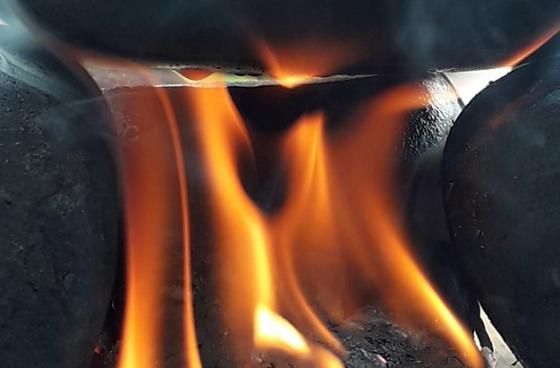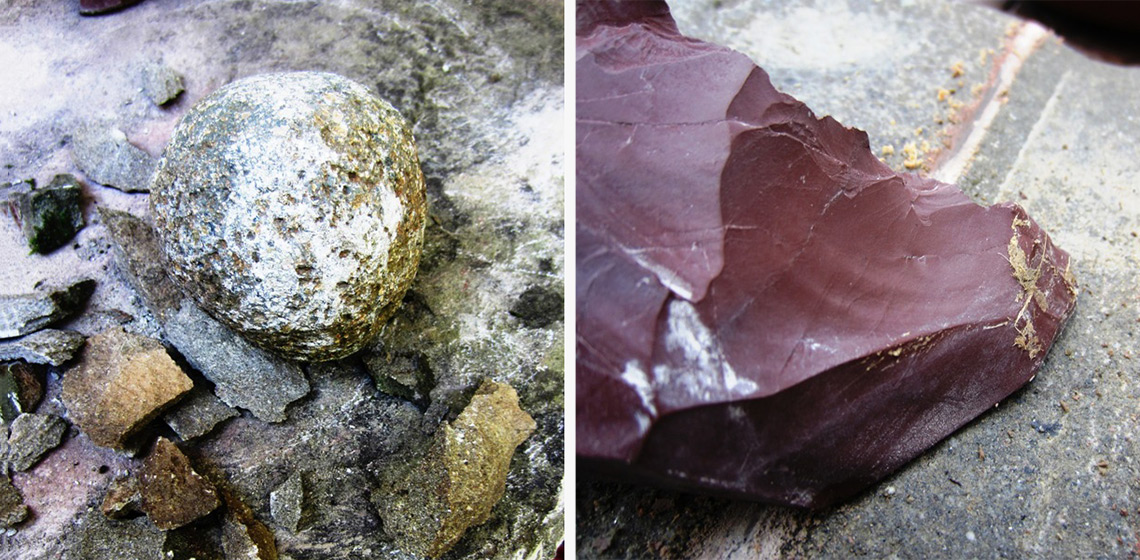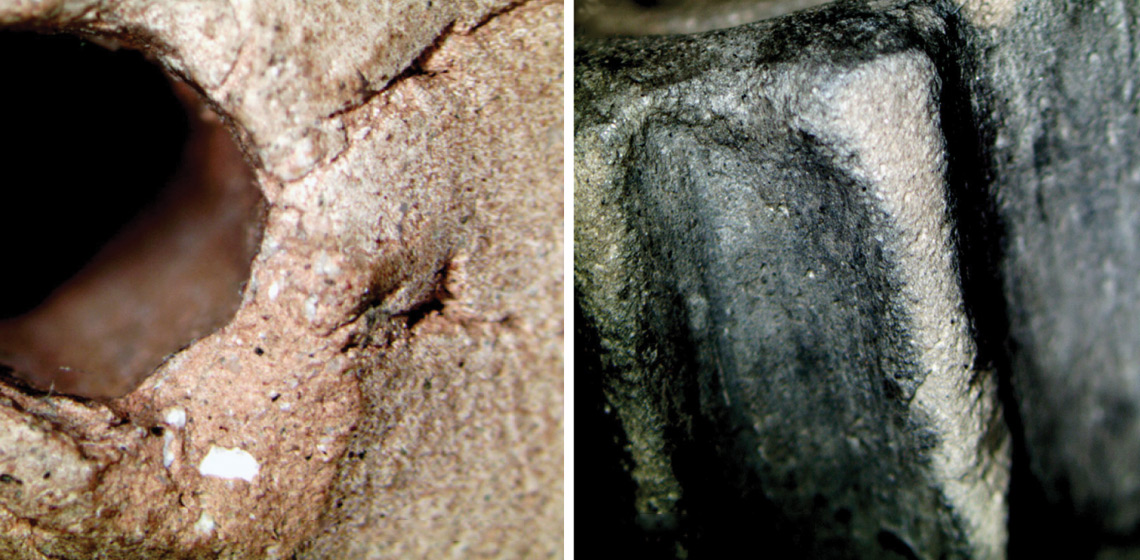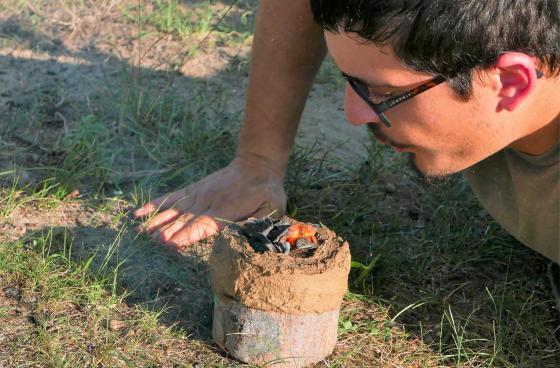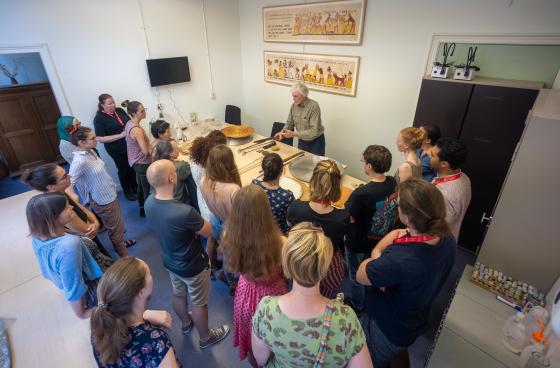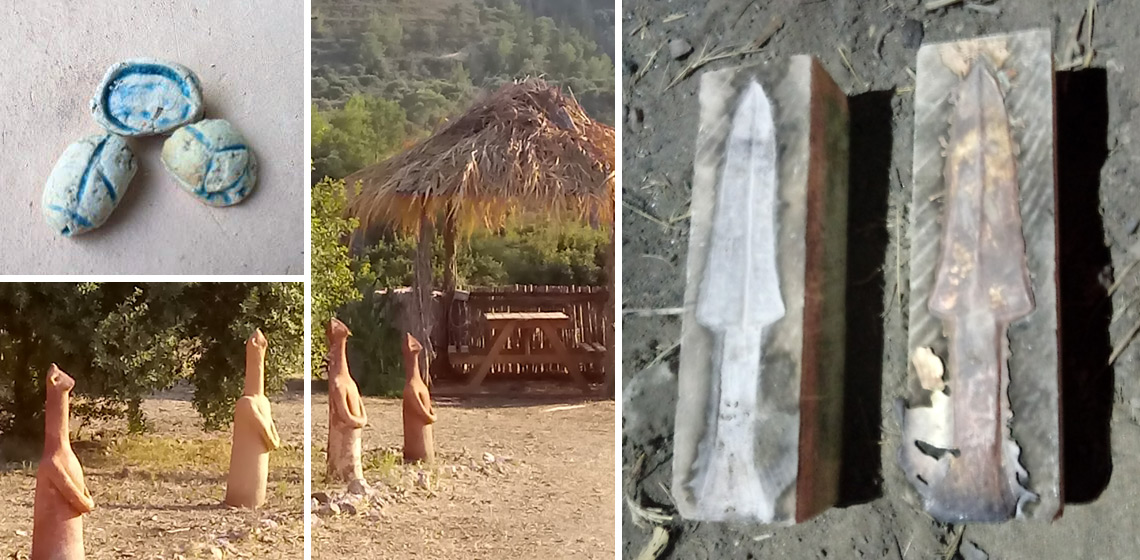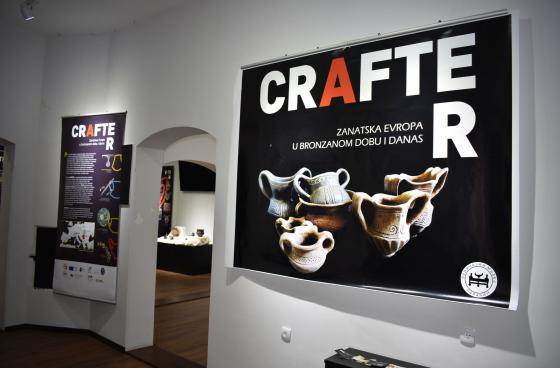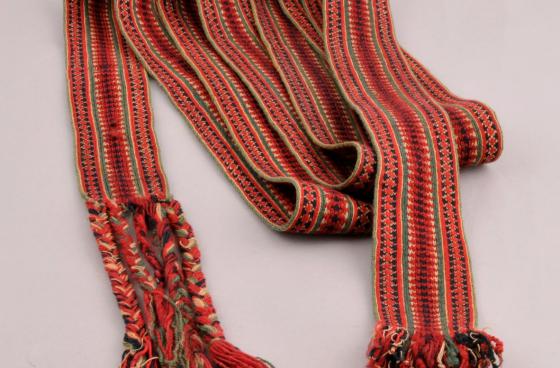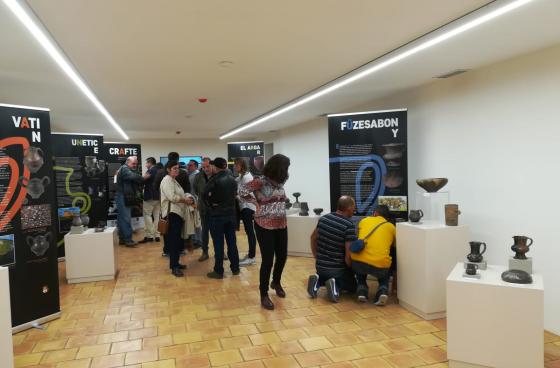Conference: Trial by Fire 2020
An interdisciplinary conference on the transformative power of fire.
Fire always leaves its mark and a wealth of information behind. Our aim is to bring together research on experimental archaeology, archaeomaterials, archaeobotany, anthracology, pyrotechnology, taphonomic investigations including burned bone, combustion features, or accidental burning.

